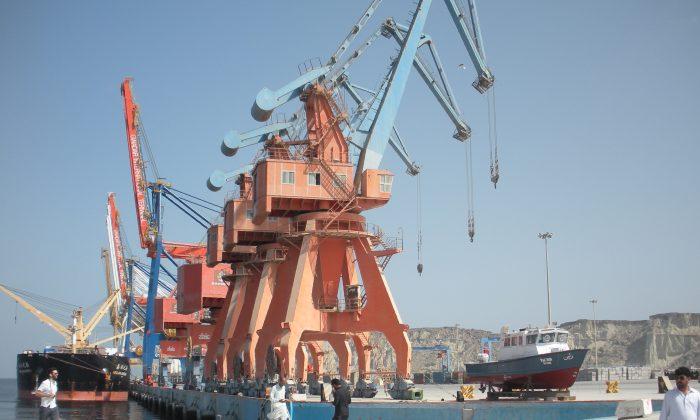A leading component of current economic worries is the use of economic armaments by governments to gain political and market advantages in their foreign relations with other countries. Among the leading participants in the use of such economic armaments is the Chinese communist regime.
First, what are “economic armaments”? In the 1930s, the term was used in reference to attempts for economic self-sufficiency. For instance, the Swiss classical liberal economist and political scientist William E. Rappard (1883–1958) gave the following definition in a 1936 lecture delivered in London titled “The Common Menace of Economic and Military Armaments”:
By economic armaments we mean all those legislative and administrative devices intended to restrict imports and develop domestic production with a view of reducing international interdependence. Economic armaments are the tools of economic nationalism. Economic nationalism may be defined as the policy of national self-sufficiency.…
As, in spite of all their efforts, all States must continue to import and as none can live on the charity of its neighbors, they must all continue to export in order to secure the foreign exchange necessary for the purchase abroad of what they lack at home. Economic nationalism therefore everywhere recommends both the promotion of exports and the restriction of imports.… Considered from that of the world community, economic nationalism is obviously a self-contradictory policy.
And even the Chinese proponents of economic nationalism understand they need imports of raw materials to achieve the China 2025 goals of becoming self-sufficient and dominant in a few key industries.



